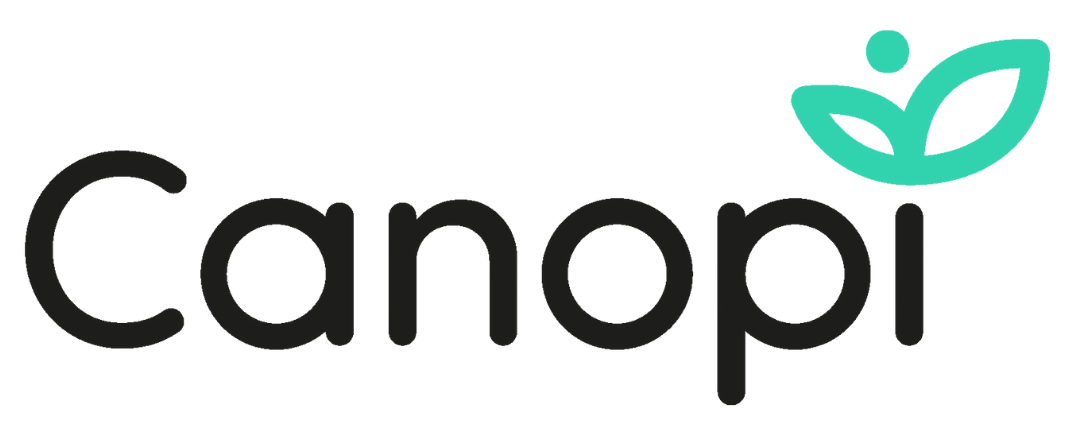Meet Dr Eleri Powell – a fluent Welsh speaker and one of Canopi’s therapists with 15 years of experience.
I started with Canopi about three years ago. I had been aware of Canopi since it was Health for Health Professionals Wales. At the time, I was working in Occupational Health and Wellbeing for the NHS and was often referring people to the service.
I reached out to Canopi to see if there were opportunities to work for them when I moved on from that role as I still wanted to support colleagues.
I have been a cognitive behavioural therapist for about 15 years. Initially I did a psychotherapy and counselling qualification, then a few years trained as a clinical psychologist.
Helping people is my occupation
I was always drawn to helping professions and volunteered as a counsellor from my time as a student. I soon realised, after encouragement from others, that I wanted to develop my skills further and be able to help people as an occupation as well.
I work with many types of presentations and mainly use CBT. I also frequently use the ‘third-wave’ behavioural therapies, namely dialectical behaviour therapy (DBT) and acceptance and commitment therapy (ACT – pronounced as the word ‘act’, not by initials). These therapies include mindfulness and I believe this adds something to CBT as it was originally developed.
In my experience mindfulness often helps clients to manage their emotional states and therefore be in a better position to do the cognitive and behavioural work.
Why offering therapy in Welsh matters
It means an awful lot to me to be able to offer therapy in Welsh. I grew up in a Welsh-speaking home and community so I didn’t speak much English until I started school.
However, I later studied in England and eventually became fully bilingual. Although nearly all Welsh speakers can speak English, for some clients it can be quite hard to open up in their second language.
Being able to speak about emotionally difficult things in their ‘mother tongue’ can be helpful and is often welcomed.
Moreover, even for fully bilingual people, certain words in their first language can be quite emotive whereas the equivalent in their second language might not be; or the words might not fully convey the meaning they wish to communicate.
It can also be hard for clients if they have to translate mentally before speaking during therapy.
These aspects can be distracting and impact on the therapeutic process. Sometimes, especially when talking about traumatic events, clients might switch from Welsh to English (and vice versa).
This can provide a bit of psychological distance, especially at the start of therapy when engaging with trauma-focused work can be particularly difficult for clients.
I’m happy to work in Welsh or English, or a bit of both – whatever people prefer, as therapy has to be client-focused. I find this flexibility helps to develop the therapeutic relationship.
Un dydd ar y tro
A Welsh phrase that captures something important about mental health is “un dydd ar y tro” which literally translates to “one day at a time”. As well as a phrase, it’s a Welsh song to which I have a strong personal connection.
When going through a difficult time, I often encourage clients to be kind to themselves and practise self-compassion by focusing on just getting through the day, one day at a time, until things start to feel better.
This phrase also resonates with many clients. I recall one particular client’s story.
As we were coming to the end of therapy, they showed me a hardback journal which they had bought and on the cover, they’d had embossed: “Un Dydd ar y Tro”. That was a really special moment.
(This experience has been shared with the client’s permission)
Another phrase I like is “bwrw bol” – roughly translated means “rain (out) your tummy”, which does sound a bit strange in translation!
This saying refers to how it can help to open up and ‘offload’ (or ‘bwrw bol’!) simply by talking to someone supportive – therapist, friend or loved one.
Working for Canopi
It’s very rewarding to be able to support colleagues in the NHS and social care in Wales.
Everyone in the Canopi admin and management team is very helpful, approachable and supportive – working for Canopi is not just rewarding, it’s a pleasure too!
For people working in a system that can be very challenging at times, having somewhere as compassionate and supportive as Canopi to turn to is great.
Thank you | diolch yn fawr to Eleri for sharing her story.
If you work in social care or the NHS in Wales and are looking for support, you can refer yourself through our online form.
Read more
For more real-life stories, as well as evidence-based mental health and wellbeing recommendations, head over to our blog.

